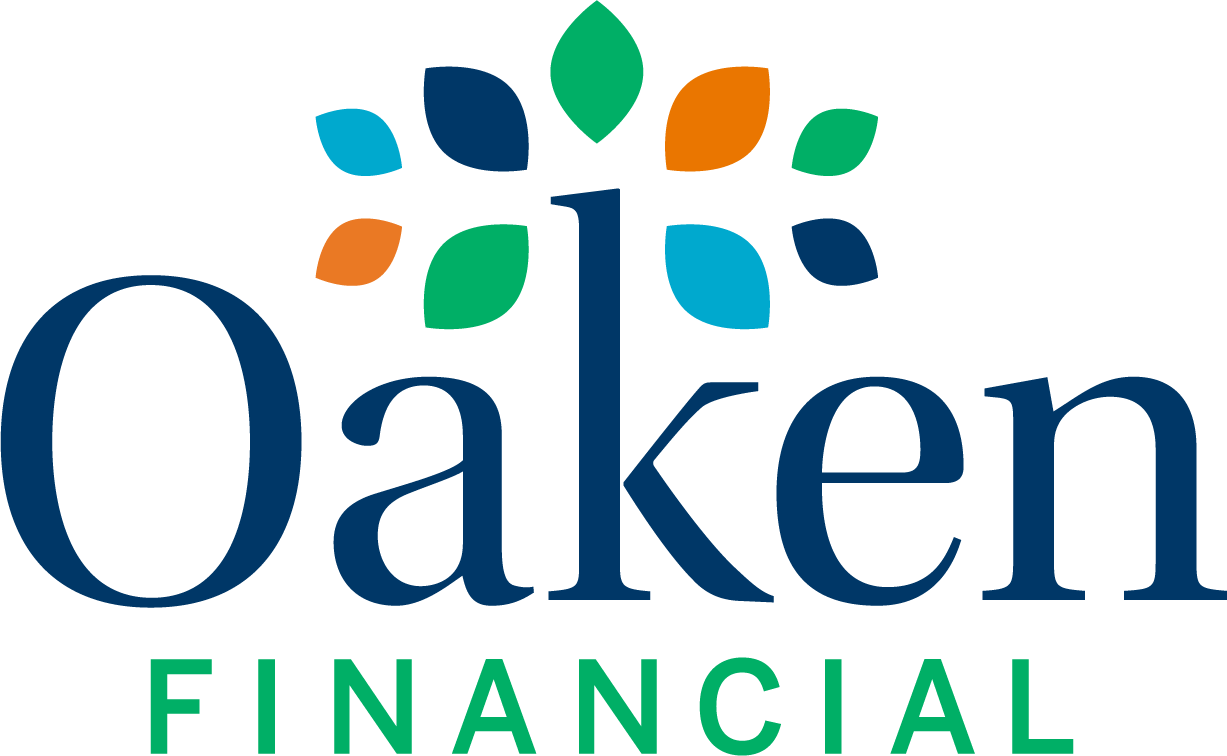Every year I make sure to update my budget in January. Making a few adjustments is usually necessary as the cost of some expenses have likely changed, so I want to make sure that my budget is still accurate.
When we hit the mid-point of the year, I then like to do an audit to make sure that the budget I made at the beginning of the year is still appropriate as personal circumstances can change dramatically in six months.
Now, this is not an extremely comprehensive audit – it’s not like I’m examining every dollar spent for far in the year, but it does provide me with an opportunity to review my spending and to see how well I’m tracking to my budget. Here’s how you can audit your finances to help you better manage your spending.
Watch for “lifestyle creep”
Like many people, my monthly expenses have gone up over the years. Things like streaming services and the internet have increased over the years because many of these services have increased their monthly costs. Then there’s my home and auto insurance that seem to go up every year. Also, I can’t believe I was paying close to $100 a month for home internet.
In some cases, there may be a cheaper alternative or maybe some of these services are no longer necessary. For instance, I cancelled some of my streaming services, and I recently swapped internet providers, which saved me $20 a month. As for my insurance costs, I now have a yearly routine where I call different providers for quotes before I renew any policy.
Map out major expenses
Generally speaking, I find that most people have a fairly good grasp of their budget. Meeting their monthly expenses isn’t a big deal; it’s the unexpected costs that come up that can throw people off.
Having an emergency fund is great for anything unexpected, but I also recommend that you map out major expenses that are coming up. Vacations, presents, home renovations, and a new vehicle are things you should be planning for in advance. In an ideal world, you’ll set aside money for each upcoming expense in a separate savings account, so you’ll have the cash available when you need it. At the very least, you should have a rough target date for those purchases so you can prepare your finances as best you can.
Decide on your account priorities
Canadians have access to two incredible accounts: Registered Retirement Savings Plan (RRSP) and Tax-Free Savings Account (TFSA). Both are great for saving, but they work in quite different ways, which is why it’s in your best interest to understand how they each work.
RRSPs give you an immediate tax break, but you’ll eventually be taxed on the income when you withdraw the money. With TFSAs, there’s no tax break, but all your gains are tax-free. Both accounts allow you to invest in various products, including mutual funds, stock, short-term deposits, exchange-traded funds and more. Which account you choose depends on your situation, so you should speak to your financial advisor about your options.
Get an update on your portfolio
Since the markets fluctuate every day, and you may have added money to your accounts in the past year, it’s important to check your portfolio to see where things stand. The most important thing to note is that you shouldn’t panic if markets have dropped. That happens. What you want to do is ensure that your portfolio is still appropriate for your risk tolerance.
Talk to your financial advisor and see if your portfolio still makes sense for you. It’s unlikely that you’ll need drastic changes every year, but a life event might alter your priorities.
If you’re in the fortunate situation to be financially secure as you approach your retirement years, you can be a bit more flexible with your money. Many older individuals like the idea of contributing to their grandchildren’s future education. This can easily be done with a Registered Education Savings Plan (RESP).
AN RESP is designed to help save for a child’s education and anyone can open an RESP account for a child. This includes parents as well as grandparents. With an RESP, the money set aside in the plan grows tax-free but there are certain rules and conditions regarding how much you can contribute each year. You can learn more about an RESP on the Government of Canada website.
Get your will done
When auditing your finances, one obvious thing to look at is your will. You do have a will, right? If not, what’s been stopping you? Having a will in place ensures that your property and assets are distributed exactly as you wish and is one less thing for your family to worry about during a very stressful time.
Final thoughts
Taking the time to audit your finances may sound like a chore, but once you get started, you’ll realize how easy it is. The changes you implement will help you and your family. Plus, you’ll have the added peace of mind that you have things in order.



 Saving strategies
Saving strategies